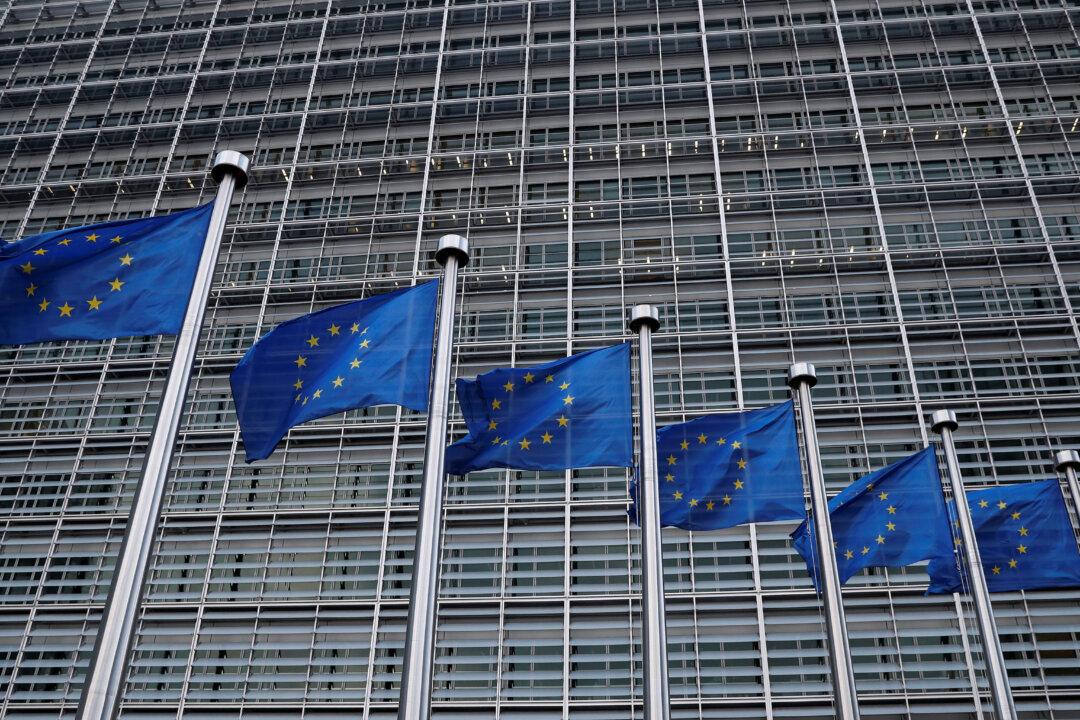The European Commission (EC) appears to have backtracked on claims that the Ukrainian military has sustained upward of 100,000 deaths since the conflict with Russia began more than nine months ago.
The 27-member commission is the executive body of the European Union, a staunch supporter of the Ukrainian war effort.





